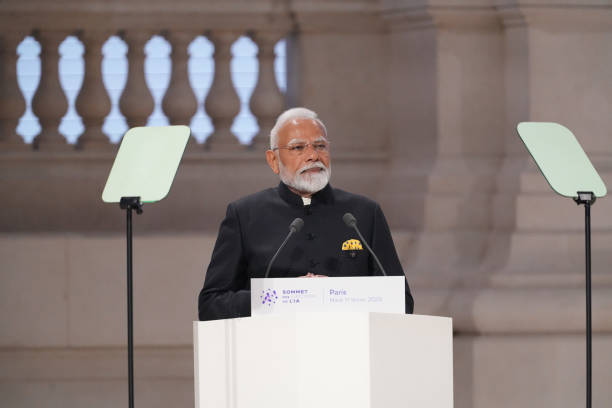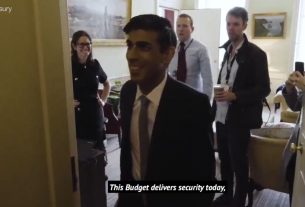India has witnessed a sharp rise in hate speech targeting religious minorities over the past year, with a significant number of incidents linked to figures from the ruling Hindu nationalist party, according to a recent report by the Washington-based research group, India Hate Lab.
Alarming Increase in Hate Speech
The report highlights that incidents of hate speech against Muslim and Christian minorities surged from 668 in 2023 to 1,165 in 2024—a staggering 74% increase. Muslims were the primary targets, accounting for nearly 98% of these cases, either exclusively or alongside Christian communities.
The findings suggest that hate speech in India is deeply tied to the ideological goals of the ruling Bharatiya Janata Party (BJP) and the broader Hindu nationalist movement. The BJP, led by Prime Minister Narendra Modi, has faced longstanding accusations of fostering religious divisions and marginalizing minorities. Critics argue that the party aims to reshape India into a Hindu rashtra (a Hindu homeland), sidelining its constitutional commitment to secularism.
Political Influence on Hate Speech
According to the report, BJP leaders were responsible for nearly 30% of the recorded hate speech incidents in 2024—a six-fold increase from the previous year. The number of speeches containing divisive rhetoric by BJP members rose by 350%, with many occurring during election campaigns. Modi himself has previously been accused of using anti-Muslim rhetoric in public addresses.
These speeches, often delivered by prominent national and regional figures, were amplified by grassroots organizations and religious leaders aligned with Hindu nationalist ideologies. The report states that such messaging portrays Muslims and Christians as outsiders or historical invaders, reinforcing long-standing nationalist narratives.
Government Response and Legal Challenges
The BJP has dismissed the report as an attempt to tarnish India’s global reputation. Party spokesperson Jaiveer Shergill emphasized that India has a strong legal framework to prevent violence and maintain peace. He dismissed external assessments as biased, suggesting they stem from anti-India interests.
India’s legal system does criminalize hate speech under various sections of its penal code, prohibiting “deliberate and malicious acts” intended to insult religious beliefs. However, legal experts argue that enforcement remains weak. Anas Tanwir, founder of the Indian Civil Liberties Union, pointed out that despite clear legal provisions, the judiciary has shown reluctance in taking decisive action against offenders.
Structural Changes and Their Impact
Under Modi’s administration, Hindu nationalists have been appointed to influential government positions, allowing them to drive legislative changes that many human rights organizations claim disproportionately affect Muslims. Educational reforms have altered textbooks to downplay the historical influence of India’s Islamic rulers, while authorities have renamed cities and streets with Mughal-era associations. Additionally, there have been reports of demolitions targeting Muslim-owned properties, allegedly as punishment for riots or illegal encroachments.
In 2019, the Indian government revoked the special autonomy of Jammu and Kashmir, the country’s only Muslim-majority region, bringing it under direct central control. That same year, a controversial citizenship law was passed, which excluded Muslim migrants, leading to violent protests and clashes.
The Broader Implications
With Muslims forming around 200 million of India’s 1.4 billion people and Christians accounting for approximately 27 million, the rise in hate speech raises serious concerns about communal harmony. As tensions grow, civil rights groups warn that unchecked rhetoric could escalate into further societal divisions and unrest.
The India Hate Lab continues to monitor and report on these trends, defining hate speech based on international standards, including the United Nations framework. Their findings suggest that without stronger legal action and political accountability, the normalization of hate speech in India may continue to deepen divisions within the nation.




